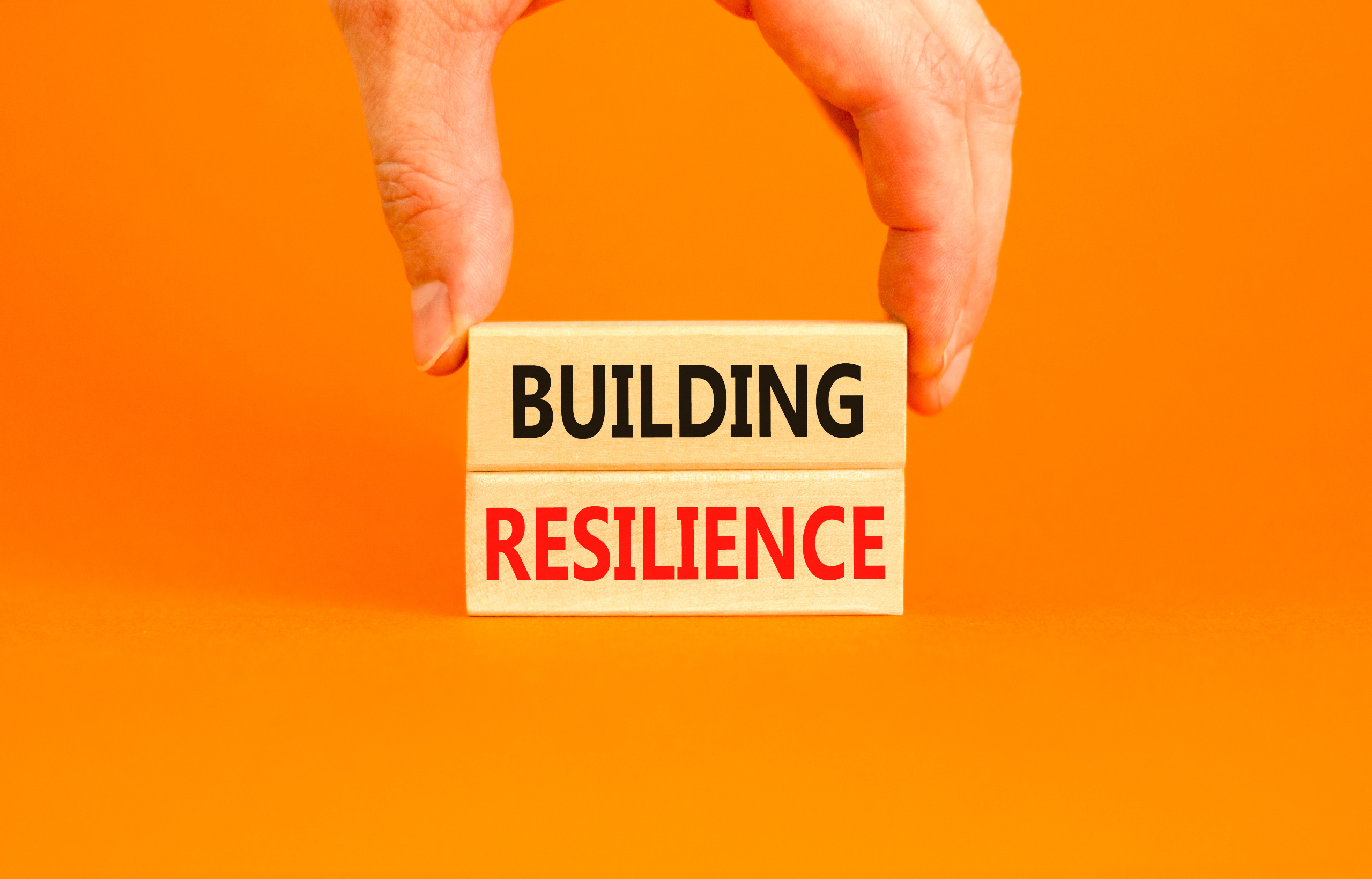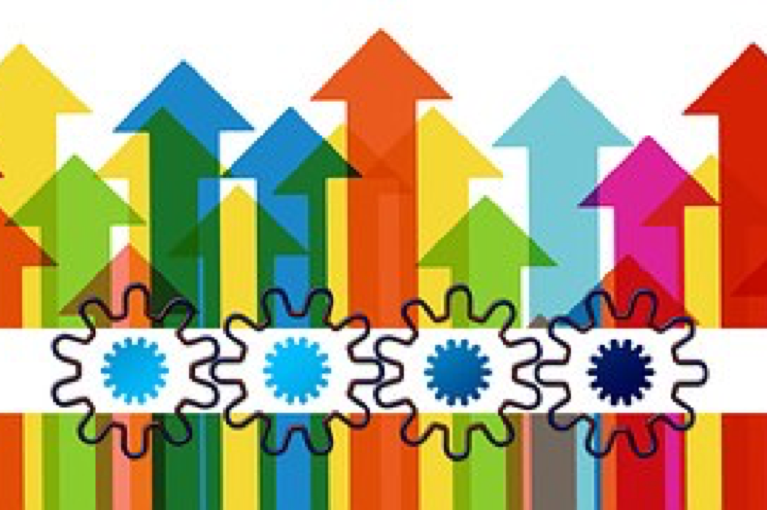For over 150 years, the Internal Revenue Service has collected tax revenue within the United States. Originally created by Abraham Lincoln in 1862 as a method to pay war expenses, the IRS has collected taxes on personal incomes of Americans to finance various government activities. Wars and Presidents have changed over the last 160 years, but one thing has never changed – the method in which taxes are collected. “What” has been taxed has changed – whether payroll withholding, personal income, income surtaxes, consumption, etc., but the method has always remained the same in that IRS agents have always conducted manual, paper audits.
In 2017, that finally changed.
The IRS audit process is considered the largest and highest revenue producing process in the world. There are over 140 million US taxpayers each year, and the IRS collects over 2 Trillion dollars in annual tax revenue each year. The process truly is one of a kind.
Now, imagine trying to change that process.
“Taxpayer Digital Communications”, or TDC, is a new program where the goal is to transform the audit process from analog (paper) to digital. If you happen to be one of the unfortunate few who receive an audit request in the mail (officially called a Correspondence Exam), you will now have the ability to respond to the IRS via a digital channel referred to as Secure Messaging. While this sounds like a simple transaction and one that the American public is already used to within their banking, shopping, and other online transactions, accomplishing digital auditing at the IRS was only made possible through the use of strategic vision, meticulous process design, and developing the Emotional Intelligence of internal IRS agents.
The hardened culture at the IRS is one that not only discourages change but actively suppresses it. Not motivated by profit, “customer” satisfaction, or other standard business metrics, the IRS operates on traditional norms that are shielded from modern desired business outcomes, and many of the workers belong to a union, meaning that any deviance in work process can result in a 6 to 12-month negotiation. This creates a workforce that is hesitant, skeptical, and highly resistant to change. In order to implement new technology and ensure acceleration of digital adoption, we focused on the Emotional Intelligence of those that would participate in the TDC pilot.
People do not like change for a variety of reasons — having to learn a new job role, worry about job security, fear of reorganization, etc. Using the EQ-i 2.0 Emotional Intelligence assessment, we focused on developing three specific areas of Emotional Intelligence within the workforce in order to build the emotional skills needed to deal with the upcoming change and thrive within an environment that many felt was unchangeable.
According to the Bar-On model of Emotional Intelligence, the Stress Management Composite within the EQ-i 2.0 Emotional Intelligence assessment “consists of Flexibility, Stress Tolerance, and Optimism. Collectively, this facet of emotional intelligence addresses how well one can cope with the emotions associated with change and unfamiliar or unpredictable circumstances, while remaining hopeful about the future and resilient in the face of setbacks and obstacles”.
Flexibility is how well one adapts emotions, thoughts, and ultimately behaviors to circumstances that are unpredictable or unfamiliar, like a new technology deployment. Individuals who have high Flexibility are at ease with minor and major transformations, and mindful of change efforts, and are comfortable challenging traditional procedures that become the norm. Individuals with high Flexibility view continual learning as a process and embrace innovation.
Stress Tolerance is how well one copes with difficult situations, ambiguous scenarios, and stress due to lack of clarity, and how well one believes that he or she can influence situations in a positive manner. Individuals with high Stress Tolerance appear composed and calm under stress, which is contagious within teams during technology change.
Optimism is an indicator of one’s positive attitude and measures how well one remains hopeful and resilient, in the face of oncoming setbacks. Those with high Optimism have infectious enthusiasm and resilience, which are vital during technology pilots since the organization is attempting to achieve something it has never done before.
Focusing on developing the Emotional Intelligence of those involved with the program enabled TDC pilot workers to break free from the hardened culture and embrace the technology change. We used the EQ-i 2.0 assessment to build the emotional strength of those involved with the change, which gave the agents the emotional tools to feel like the change was being done with them, and not to them. Each TDC pilot agent took the assessment and received subsequent coaching on his or her unique results, and was provided a specific roadmap of emotional skills to develop before the technology pilot launch.
We knew that we only had one shot at this, so we made sure to maximize our chances of success by building the emotional strength of our change champions to be able to accept the upcoming change. Pilot participants commented that focusing on developing Emotional Intelligence before the technology launch enabled them to remain nimble during pilot operations, have the capacity to manage the stress of additional work, and remain hopeful in the face of setbacks when pilot blips occurred.
Emotional Intelligence was unanimously considered a critical success factor during the pilot post-mortem analysis, and the IRS is looking to see what other areas Emotional Intelligence development can be advantageous in relation to managing change. One thing is for sure – accomplishing change within the unchangeable was due to the development of Emotional Intelligence within the workforce.

















